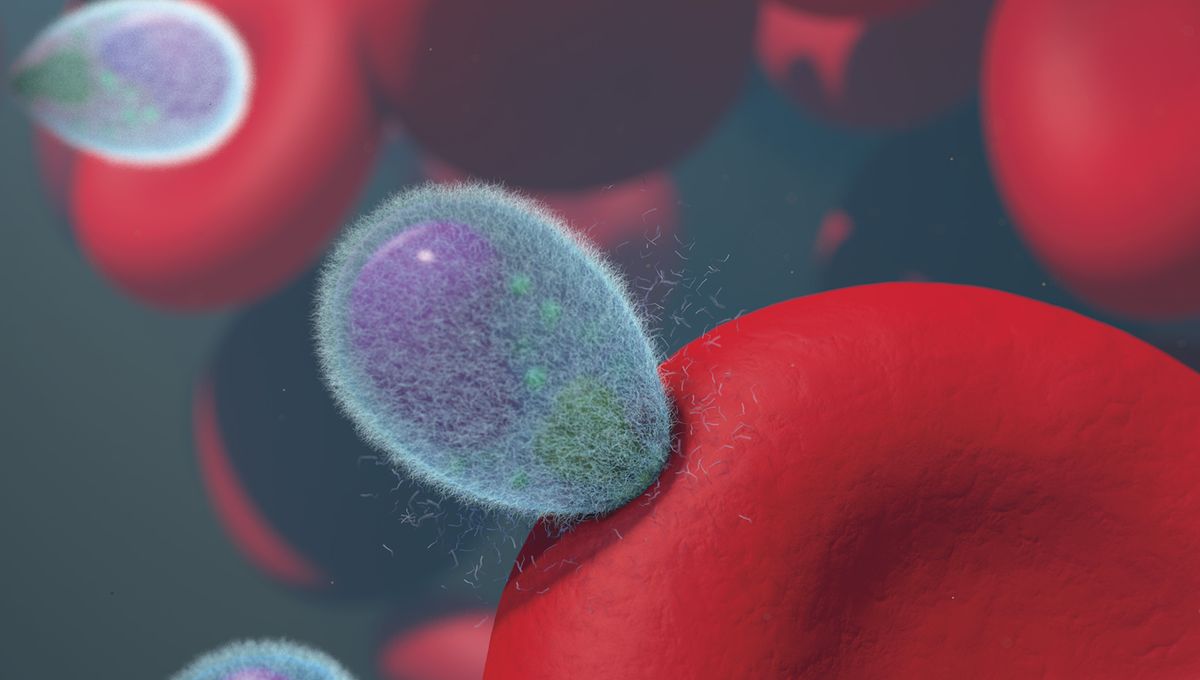
A team of scientists thought they had struck gold when they discovered the only known natural antibiotic that contains arsenic and showed its ability to treat tough bacterial infections. But its potential did not end there. Now, new research has found that it could be a game-changing treatment for another serious infectious disease: malaria.
Antibiotic resistance is one of the major health challenges facing our world today. So-called “superbugs” are a major cause of death, and bacteria that are resistant to multiple antibiotics or to our drugs of last resort are becoming more common. The search for new drugs to fill our arsenal has never been more urgent.
In 2019, a team at Florida International University discovered that a natural compound called arsinothricin, which had first been described three years earlier, acted as a broad-spectrum antibiotic. The unique thing about arsinothricin, or AST, is that it’s the only natural antibiotic we know of that contains arsenic.
The word arsenic probably conjures up imagery straight from a Victorian detective novel. It’s true that it’s a powerful poison and a useful literary device, but it was actually the books themselves you had to watch out for – one major source of arsenic poisoning back in the day was a toxic green pigment used in book-binding and wallpaper manufacture. But AST is not pure arsenic, and arsenic-based drugs have been used in medicine for a century.
The news about AST and its effects on tough-to-treat bacteria such as Mycobacteria – the cause of tuberculosis – was very welcome, but a new collaboration between the discoverers and a team of malaria researchers has revealed that it could be a powerful tool in our efforts to combat this disease too.
Malaria is not a bacterial infection. It’s caused by a group of parasites in the genus Plasmodium, and severe cases can be fatal. It’s a huge problem in tropical and subtropical regions, with the majority of cases occurring in Africa, but the recent identification of the first locally acquired cases of P. vivax malaria in the US for 20 years has brought it even further into the public consciousness.
Plasmodium parasites are passed to humans via a bite from female Anopheles mosquitoes. The team looked specifically at the species P. falciparum, which causes severe, recurring malaria, and found that AST prevents the parasite from being able to infect the mosquito in the first place, potentially breaking the chain of transmission before it even gets to humans.
“Current antimalarials don’t completely stop transmission, meaning patients can continue to infect mosquitoes before they recover,” explained lead author Masafumi Yoshinaga, an associate professor of Cellular Biology & Pharmacology, in a statement. “Developing new potent multi-stage drugs is imperative to ensure malaria elimination and eradication. We found AST is a promising lead compound for developing a new class of potent multi-stage antimalarials.”
The team has patented their discovery and will continue their research into AST. They’re particularly interested in its ability to infiltrate human red blood cells, a vital part of the Plasmodium life cycle once the parasite has invaded a human host.
It takes a long time for preclinical research like this to progress to drug trials in humans and beyond, but the team are optimistic about their findings.
“What’s exciting about our research is it demonstrates how chemically different AST is from other drugs and that gets us even closer to drugs that are more effective,” said team member Professor Barry P. Rosen. “We have a long way to go before we have a drug that goes to market, but this foundational work paves the way toward that goal.”
The study is published in the journal Microorganisms.
Source Link: Arsenic-Based Antibiotic Is Bad News For Resistant Bacteria – And Malaria